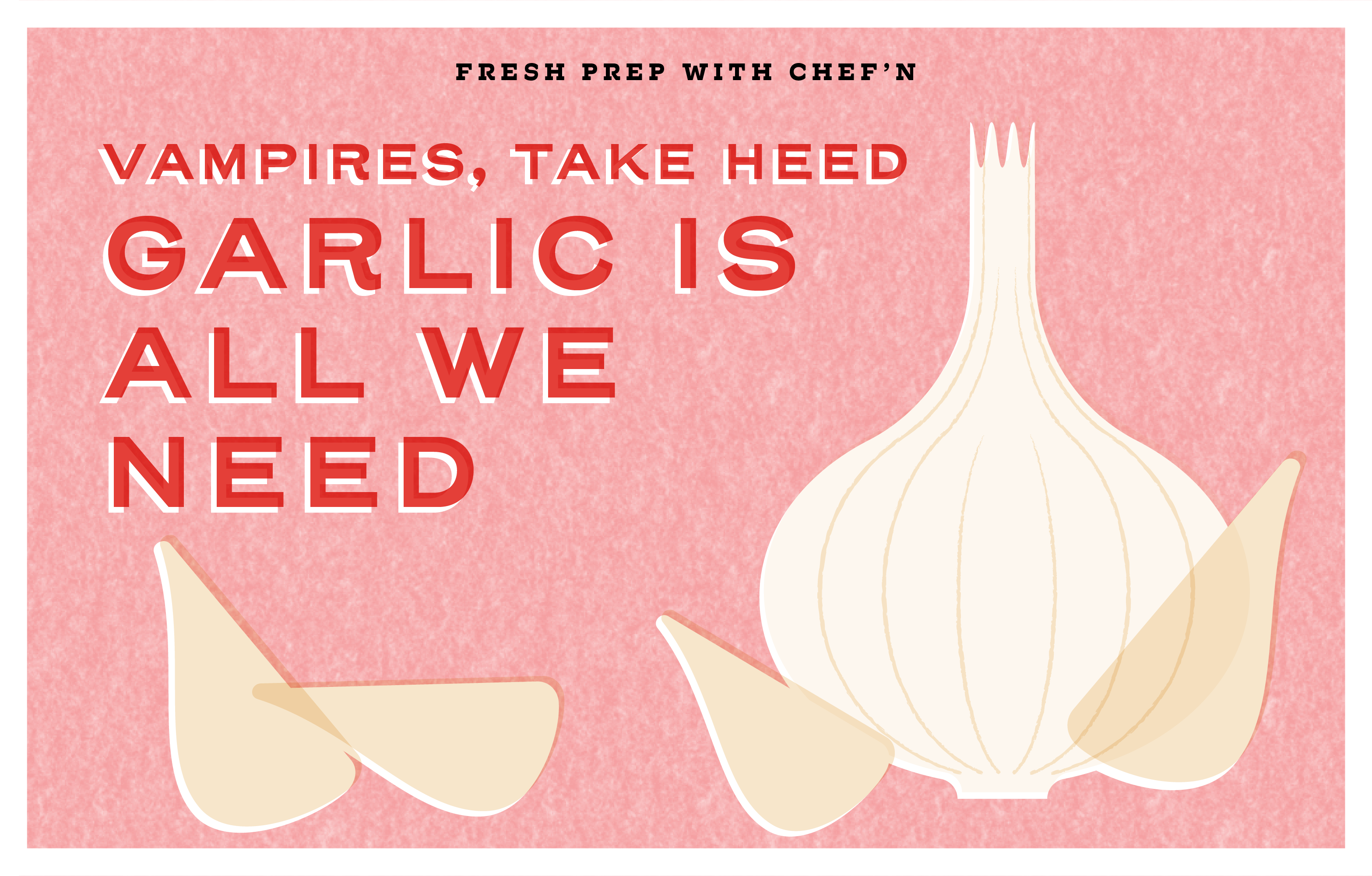We’re sure you’ve heard a lot about composting… but what exactly is it? And how can it really help? We’re here to guide you through the process! Read on for the Chef’n Guide to Composting.
WHAT IS COMPOST?
Compost is organic material, like leaves or coffee grounds, that, when added to soil, helps plants grow. Now depending on where you live, there are multiple ways to compost your excess organic waste. If you live in an apartment complex or a smaller house, your best bet might be to simply combine your waste in a countertop compost bin - try either our ceramic EcoCrock or our new stainless steel version - or store it in your freezer. When full, you can take to your complex’s compost bin, or you can search for a community compost pile.
If you have yard space, however, you might be interested in creating your own compost pile right at home! Before you begin, it’s important to note that all compost piles require three basic sets of contents:
- Browns, including matter you can find in your yard such as dead leaves, branches, or twigs.
- Greens, including everything from grass clippings to vegetable waste and fruit scraps.
- Water.
Having the right balance of browns, greens, and water is important for proper compost development.
THE DO'S AND DON'TS OF HOUSEHOLD COMPOSTING
While it may be tempting to throw all of your kitchen waste into a compost pile, there are rules to what you can, and cannot, compost.
Do Compost:
- Fruit and veggie scraps
- Eggshells
- Coffee grounds
- Cardboard, napkins, paper towels
- Leaves and yard waste
- Old flowers
Don’t Compost:
- Meat and fish bones
- Dairy products
- Animal waste
- Diseased plants
- Coal or charcoal ash
- Fats, greases, oils
Please note that some cities have different rules around composting; be sure and check your local resources to be sure you’re composting the right way for your environment.
THE BENEFITS OF COMPOSTING
There are many benefits to composting:
- It enriches soil by adding nutrients—think: carbon and nitrogen—which are used by plants for growth.
- Composting also helps soil retain water; in turn, this attracts beneficial insects and earthworms, which further helps the growth of plants.
- Composting diverts as much as 30% of waste from going into landfills. This both limits the use of trash bags, and ensures the nutrients from your organic material aren’t being wasted in a mass landfill.
All of this adds up to the fact that composting is good for the environment! It’s free, beneficial, and is relatively easy to participate in. Check out the Environmental Protection Agency website for more resources.









Leave a comment
This site is protected by hCaptcha and the hCaptcha Privacy Policy and Terms of Service apply.